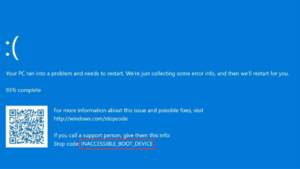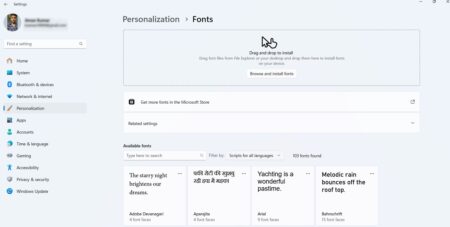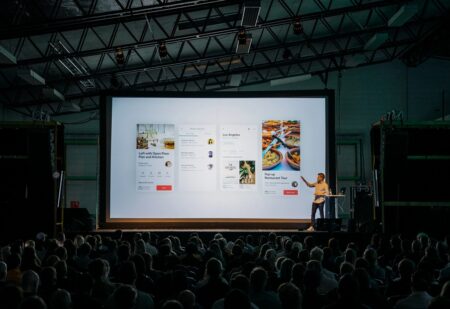We all know that data is a valuable resource. Data underpins many of the decisions taken by businesses and national governments. Businesses, in particular, are willing to pay a high price for the right data. But despite the apparent value of data, none of the profits are trickling down to us. Given that it is our information being bought and sold, this seems wrong.

Scraping the Barrel
Online privacy is a prominent concern for many people today. Most people know that they need to be careful about what data they share online if they want to maintain their privacy. However, the widespread practice of data scraping means that even if you don’t hand over your data willingly, businesses can still collect it. Any public-facing data not locked away behind some kind of authentication system is within easy reach of data scrapers.
As far as the data subjects are concerned, this represents unauthorized access and data use. Not only does this represent an invasion of privacy, but businesses that scrape data usually go on to profit from it in some way. There is a growing sentiment among internet users that they should be entitled to a cut of these profits. However, web scraping is not regarded as stealing in a legal sense. Actually, it’s smart to do for a number of good practices, such as collecting market research and business intelligence. If you’re interested in knowing more about data collection, head over to this blog post by cybersecurity experts at Smartproxy.
Antisocial Media
When most people willingly hand over their data to an online service, they assume that only that service will have access to it. If the service plans to share the data with third parties, they have a legal obligation to inform their users. However, these legal obligations do not protect anyone from the effects of hacks or unintentional leaks. Security breaches can and do occur, and when that happens, they can expose millions of people’s data.
Social Data is a perfect example of this. Social Data is a company that collects data about social media influencers, which they then sell on to marketers. In August of 2020, social data unintentionally exposed data on more than 230 million social media users. Users of Instagram, YouTube, and TikTok were affected by the leak.
The situation is made all the more concerning by the fact that much of the leaked data appears to have come from another business, Deep Social, that is no longer in operation. Social Data defended themselves by claiming that the leaked data was all publicly available. However, their interpretation of the term “publicly accessible” seems different from most people’s.
How Much Is Your Data Worth?
Given that our data is being bought and sold on the open market, it is only natural to wonder how much it is worth. While data is valuable, most people’s individual data is not worth that much in isolation. To be valuable, data needs to be packaged together. For example, a data set that contains the data of thousands of people who share a common trait can be used to gain deeper insights into that group.
Some people’s data is worth more than others. For example, if you have recently become a new parent, you are considering moving home, or you have another significant life change on the horizon, your data is worth more. Similarly, if you are a high earner prone to purchasing big-ticket items, marketers will be willing to pay a premium to get their hands on your information.
Fighting Back
If this situation sounds untenable to you, you are not alone. Globally, there is a growing movement of privacy advocates who are unhappy with data privacy laws domestically and internationally. GDPR protects EU and UK citizens. Most privacy experts regard it as the most comprehensive data protection legislation in the world. California has introduced a similar law, and it seems likely that Congress will implement similar regulations in the US in the future.
However, as things currently stand, U.S. citizens outside of California have few, if any, protections of their private data. When Mark Zuckerberg testified in front of Congress, he implied that introducing such protections in the United States would severely disadvantage the country in areas such as machine learning and artificial intelligence that rely on vast data volumes.
Zuckerberg pointed to China as an example of why a lack of privacy regulations can actually be a good thing. However, Chinese consumers have grown increasingly vocal in their demands for better privacy protections online. The Chinese government appears receptive to these demands and is currently working on a legislative framework for the collection and use of personal data within China.
If we end up in a position where Chinese consumers have better privacy protections than American consumers, it will be very difficult for Congress to ignore the problem.
The global match for privacy is now well underway. People around the world are waking up to the disproportionate power that US tech giants have when it comes to personal data. Everyone who cares about online data privacy should join this fight for the greater good.





